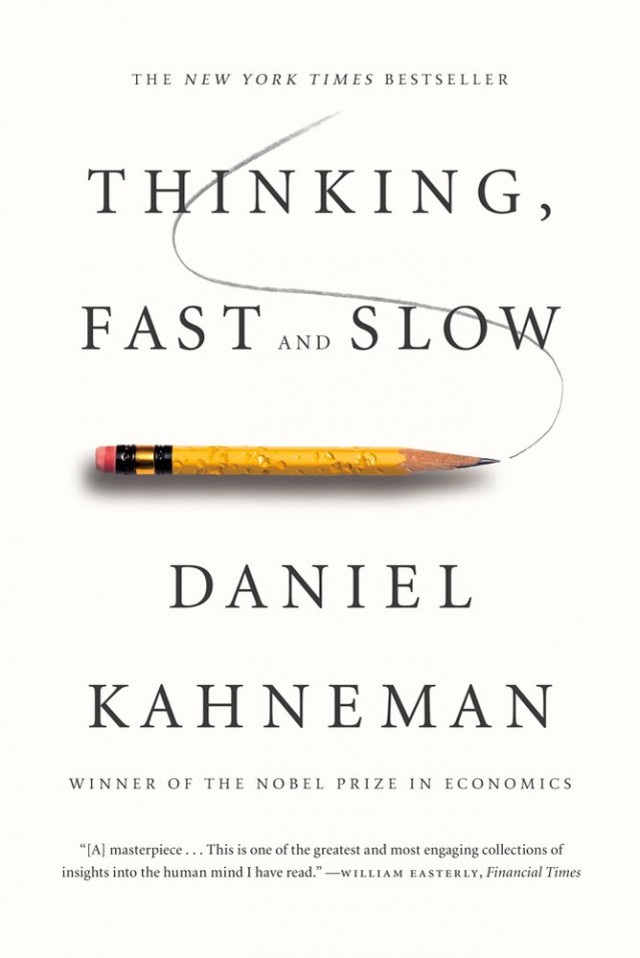The Sophomore Slump
The sophomore slump, the second album curse – this is a commonly discussed phenomenon in the record industry. Musicians who experience sudden, great success with their first, big albums come back with a second offering that disappoints fans and spawns few to no hits. Why does this happen?
Businesses can also experience the sophomore slump. After years of slogging – or maybe right out of the gate – they have a huge hit. Their product or service is taking over, it’s selling like mad. Their coffers, their staff, their profile – everything grows. They glide on the success for awhile but, eventually, the offering grows tired, cheaper competitors step in, the market moves on. Yet, try as they will, this historically hot business cannot come up with the next new thing. These high profile innovators are no longer innovating. Why does this happen?
Some of this sophomore drop-off may stem from Daniel Kahneman and Amos Tversky’s concept of prospect theory and Loss Aversion. These Nobel Prize winners and many researchers after them have found that losses loom larger than gains. ‘The disutility of giving up an object is greater than the utility associated with acquiring it.’
One implication of loss aversion – as Kahneman and his research team discuss in a later paper – is that people have a tendency to remain at the status quo, particularly if that status quo was borne out of success. ‘The disadvantages of leaving it look larger than advantages.’ Breaking new ground was a lot easier when the ground wasn’t built with gold.
In this Harvard Business Review article, David Aaker discusses practical ways in which this loss aversion can lead to aversion to innovative risks within companies.
http://blogs.hbr.org/2012/02/why-companies-are-betting-agai/
Cognitive biases – like those of loss aversion – can be difficult to fight, particularly when they become baked into the organization. The fight against a narrow framing of innovation and risk can begin with framing, here discussed in a short Inc video clip with Daniel Kahneman…
http://www.inc.com/daniel-kahneman/idea-lab-daniel-kahneman-framing.html



